Easy Guide to Finding the Best POS System for Your Restaurant (2020)
What features would have to be in the top POS for your restaurant?
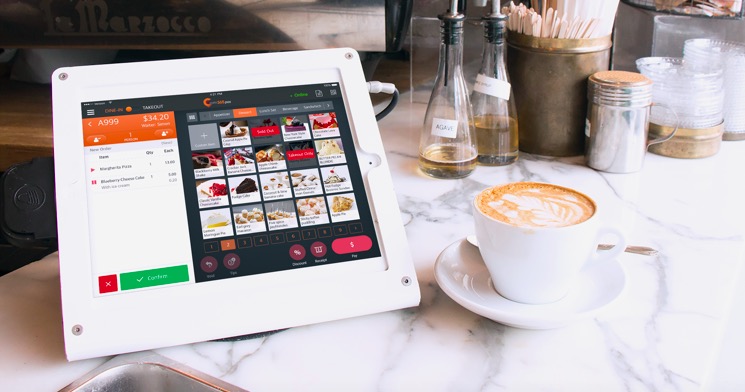
Contents
Know Your Business: What Features do You NEED?
In today's day and age where technology is ever-changing, how do you go about determining which is the top POS system for your restaurant? Quite simply, it's a case of narrowing down what features are integral to each individual business, ensuring that the POS you select can provide those features and then deciding whether enough value is being added for the price being charged. We'll go in depth to present some of the top POS systems for restaurants and show how they can help restaurant businesses.

1. Is the POS System Portable
Tablet and mobile POS systems provide portability, which can help reduce errors, save space and improve customer service. Instead of having to remember orders, or take them manually on a notepad, mobile and tablet POS systems allow waiters to punch in orders directly. In addition, many tablet POS systems run on the cloud, which negates the need to have bulky on-site servers or clunky legacy systems. For most table service restaurants, this feature is an absolute must-have.
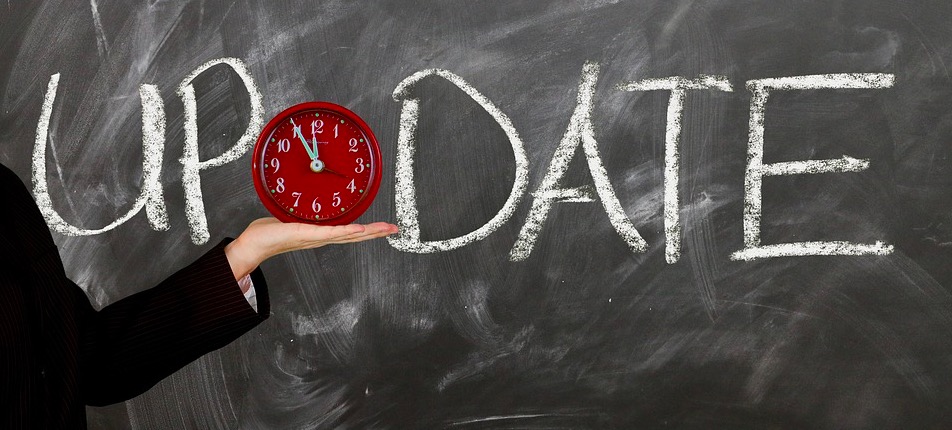
2. Can You Easily Upgrade the POS System, Or Will it Quickly Become Obsolete?
Technology progresses at a rapid rate. What was new last year is well…last year's news. With POS systems that allow upgradability, your restaurant can continue to remain on the bleeding edge of technology, while enjoying the newest features as they come out. For example, an iPad POS allows users to simply update their POS app and voila! In seconds, your POS suddenly has new features.

3. Is the POS System Scalable - Will it Still Work if You have Multiple Local or International Shops?
Enterprise features is a necessity for any business that operates as a chain, or has plans of expansion in the future. Many POS systems are locked to functioning as individual units that are unable to communicate with others. However, those that are scalable allow multiple POS systems to share data across multiple shops and even multiple countries. This means, you can see data from all your restaurants in one convenient location. If you're running a franchise that's local or global, this is a feature you need.
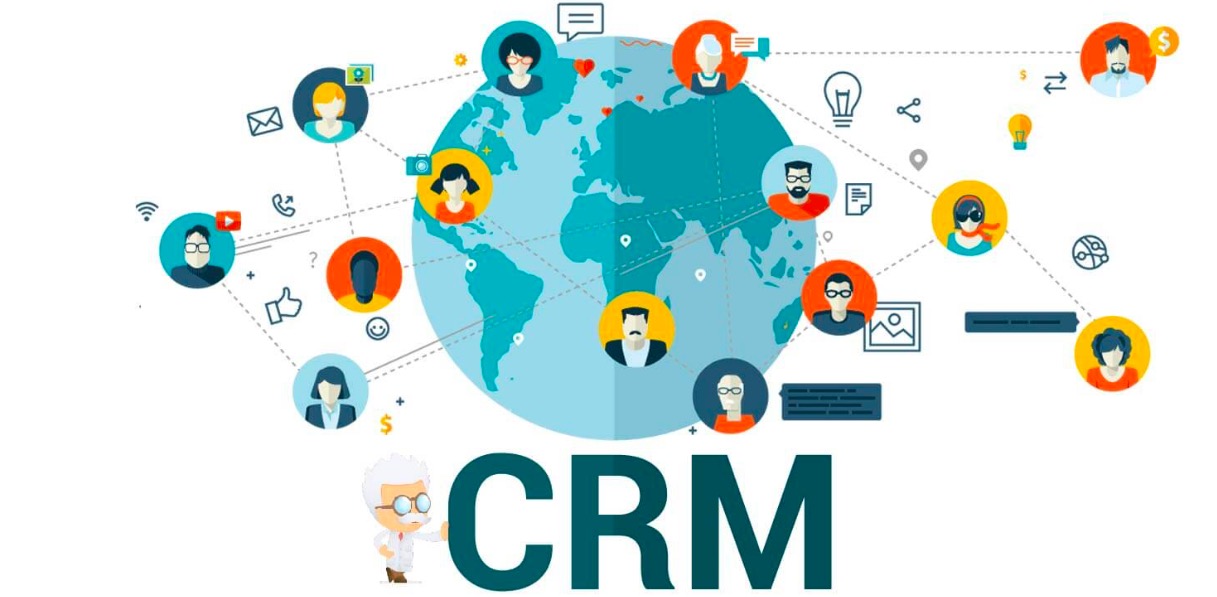
4. Does the POS System Provide Useful CRM and Loyalty Features?
"Starbucks has reported an increased revenue of $2.65 billion, attributing their rewards program"
What is a restaurant business without loyal customers? If you put the customer first, then CRM and loyalty programs are imperative to your business. CRM provides your business with all sorts of useful customer information to better understand your local patrons. Loyalty programs allow you to put that data into practice by enticing customers to spend more to gain rewards. Together, CRM and loyalty programs create brand loyalty and incentive for customers to recommend your restaurant over others.
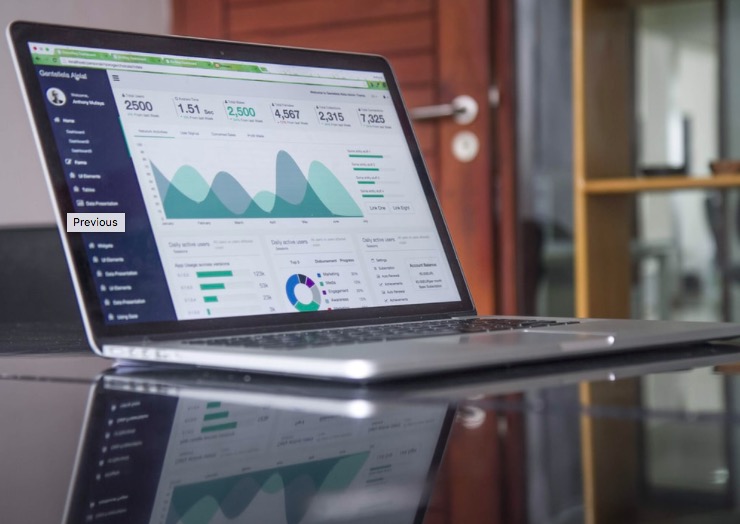
5. Will You have Access to In-depth Analytics?
If your POS can't provide you with immediate analytics and data about sales figures and restaurant performance, you're at a disadvantage. The more analytics and sales data you have, the better control you have over your business. Sales data often reveals trends and shows where unnecessary spending occurs. For example, realizing that certain dishes don't sell well in summer, means businesses can remove those dishes from their summer menu, save on ingredient costs, and sell them in the winter, instead.
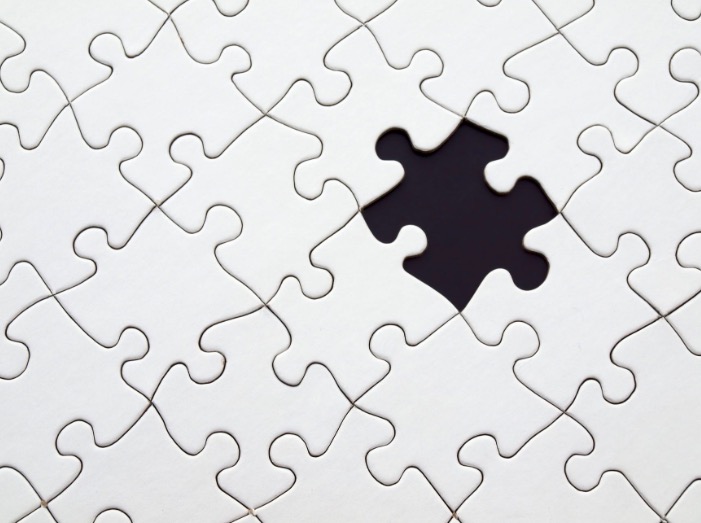
6. Is the POS System Modular and Multifaceted?
Sometimes a restaurant requires more than just a POS to run efficiently. POS systems with modular capability lets your restaurant connect other units directly to your POS that all work under the same system and interface. This ensures that staff only need to learn one system. For example, some POS makers will also offer Self-serve kiosks, mPOS, Kitchen Display Systems, Queuing Kiosks, eSignage modules, Customer Facing Displays and more. The major advantage here is that staff training time is vastly reduced and all relevant data is shared between the POS and these modules, meaning that staff costs and errors can also be reduced greatly.
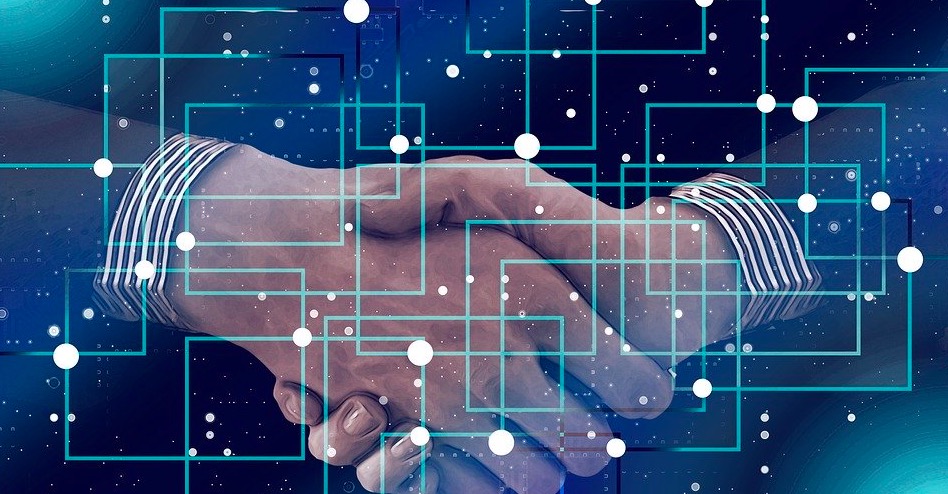
7. Can the POS System Integrate With Third-Party Solutions?
Rather than solely relying on what can be created in-house, many POS systems will offer APIs that allow integration with third-party companies. This means that your POS can integrate with your accounting system, or your local payment providers and many more. The idea here is that if there's a system that's integral to your business, your POS can actually pair with that system (with some work from both parties) to provide a custom solution for you.
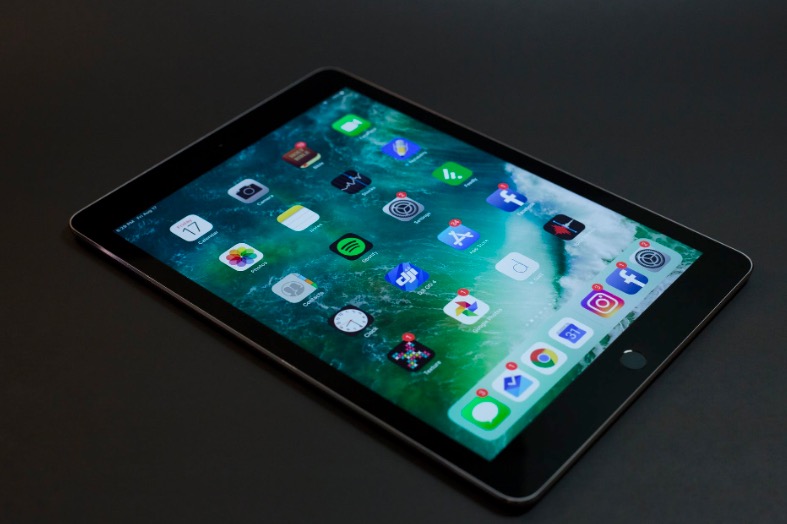
8. Is the POS System Intuitive and Easy to Use?
This is often overlooked, but if your POS is not intuitive to use, it may as well be a paperweight. The best POS systems combine robust features in a way that makes it simple to achieve the result you want. Using systems like iPads can help reduce one level of complexity since people are used to tapping on the screen from smartphone use. Menus and the interface should be easy to master, too.